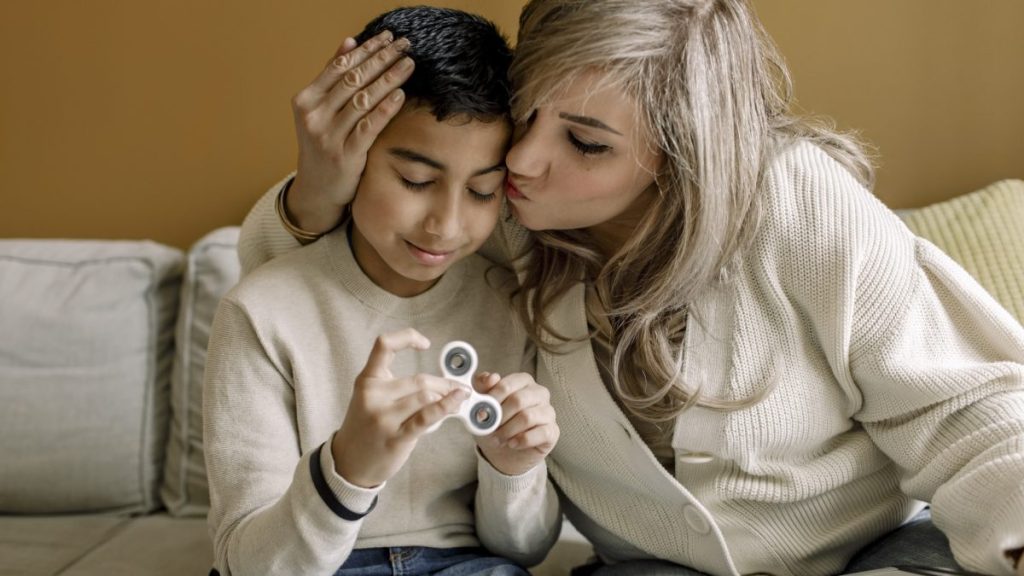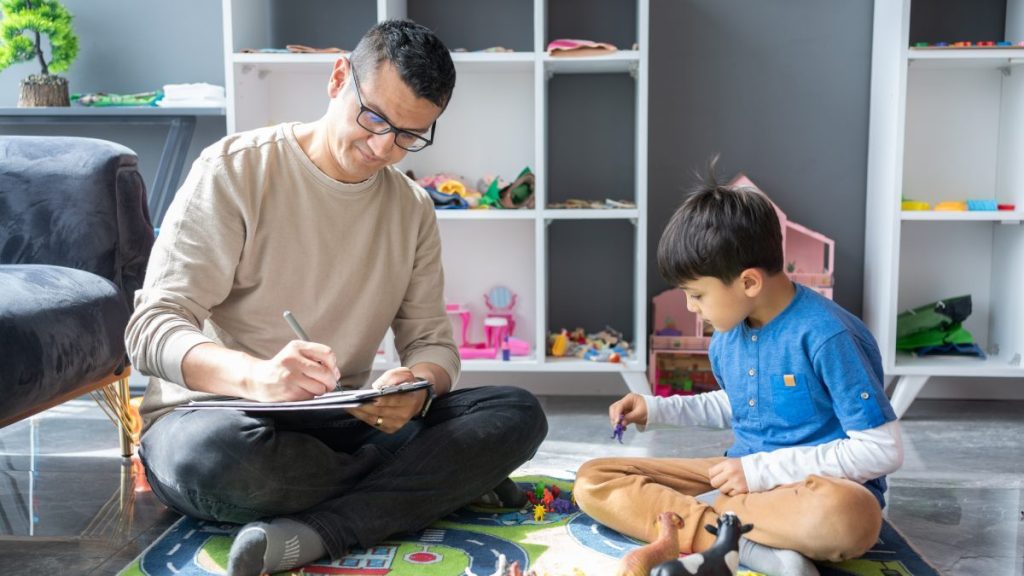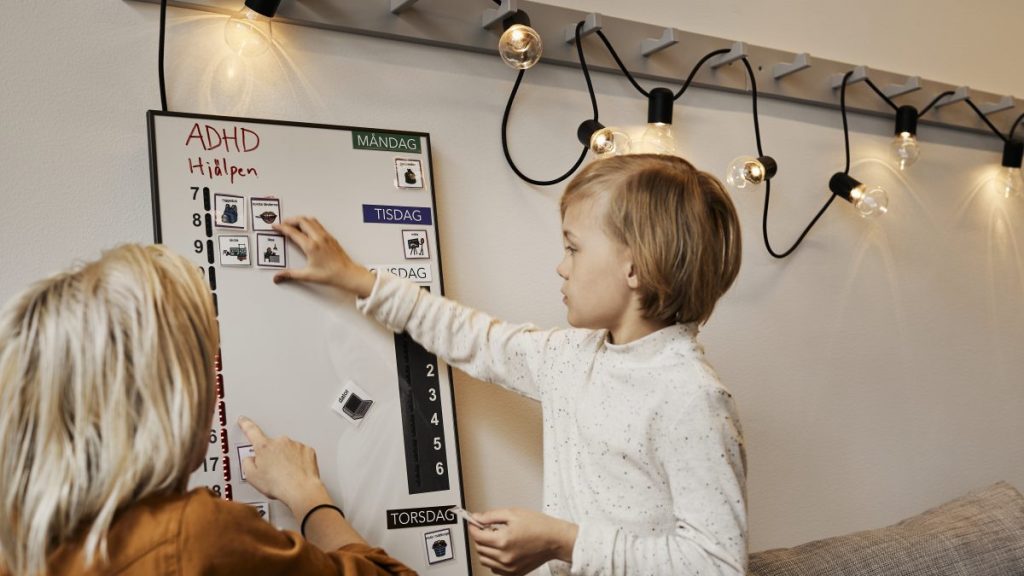Attention Deficit Hyperactivity Disorder (ADHD) is a neurodevelopmental disorder that affects some kids from a very young age. Kids with ADHD have a hard time developing skills that control behavior, emotions, attention, and activity, making it challenging for parents to navigate the same and provide support. However, there are a few effective ways to parent a child with ADHD. Read on to learn more.
What is ADHD?
Before diving into parenting strategies, it’s important to understand what ADHD is and its impact on little ones. ADHD is mainly characterized by three main symptoms: inattention, hyperactivity, and impulsivity. These symptoms can hinder a child’s development in various ways.
Kids with this neurodevelopmental disorder seem distracted, don’t follow instructions well, have trouble keeping things organized, are constantly in motion, interrupt people a lot, and have issues sharing or waiting, among other things.
Although these symptoms can cause trouble for parents at times, there are specific ways through which you can control and manage ADHD in children, making parenting a whole lot easier.
1. Create a structured environment
Start with creating a structured environment at home. Establish and follow clear routines to help children with ADHD focus better. Follow a proper structure or simple meals, homework, and bedtime schedules. This helps kids know what’s coming next, making it easy to stay on track.
Moreover, try to create structured transitions between activities. For instance, give kids a little transition time before shifting from TV to bed. Tell them that after 10 minutes, you will switch off the TV, and they will have to go to bed to sleep.

This will help them mentally prepare themselves for the following task without anxiety. Additionally, parents can provide visual aids, such as checklists, timers, or calendars, to help kids keep track of their progress and transitions.
2. Break big tasks into smaller ones
Children with ADHD usually have issues following instructions or doing big tasks at once. To make it easier for them, parents should explain what is expected of them in a specific situation and provide detailed instructions on how to complete a task, tackling them one at a time. By breaking down tasks into manageable steps, kids can understand the tasks better without feeling overwhelmed.
3. Reward their achievements
No matter how big or small your kid’s achievements are, always reward them for their efforts with stickers, small prizes, their favorite food, etc. It would be best to use positive reinforcement to encourage your child. This step will keep them motivated to do better every time.
4. Creating a calm environment

Create a soothing environment at home for your kids to stay focused. You can even designate a quiet and private space for your kids to regulate their emotions. Try to keep your house organized as much as possible so that the child knows everything has a place and everything they need is within reach. Also, ensure your child gets a whole night’s sleep and eats healthily.
Most importantly, keep yourself updated with the latest news on ADHD. Understanding the neurodevelopmental disorder and its impact on your little ones can help them thrive and lead successful lives. Remember, with your patience, understanding, and support, your child can lead a fulfilling life. So, don’t give up!








